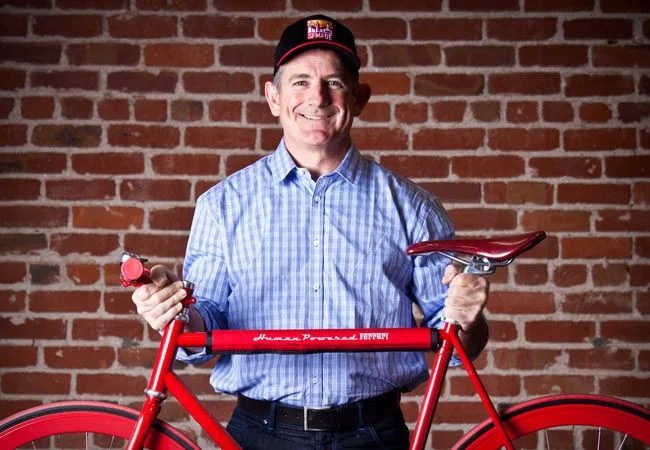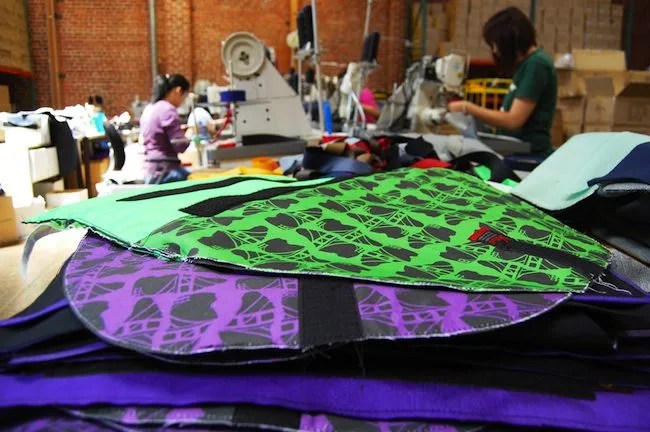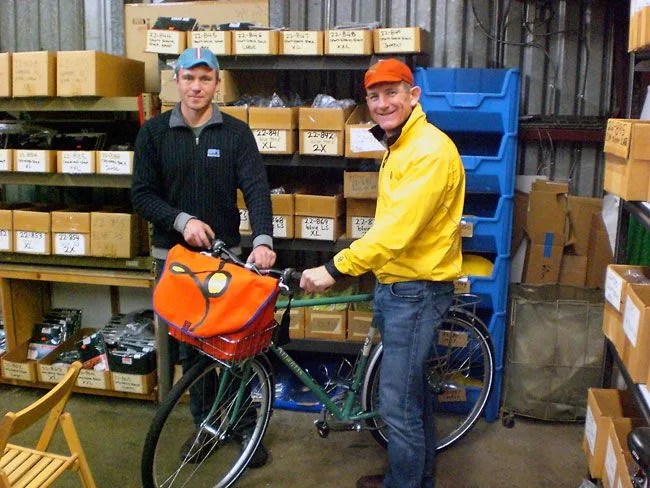
We know that the best gear in the world is no good unless you’ve got a way of getting it from point A to point B. Of course, the MK4 would be our preferred choice, but its beauty comes with more environmental and financial baggage than, say, a bike. Companies like Rickshaw Bags are making satchels for schlepping with just as much style as our friends at Factory Five. But that’s all up to you: Rickshaw bags are custom-built to order, allowing you to specify color, size, and texture. They sell a range of bags – from messengers to backpacks to iPad sleeves – all handmade in San Francisco (aka the urban bike commuters’ mecca).
Gear Patrol saddled up with a Rickshaw bag and an interview with CEO and founder Mark Dwight. Read our interview after the jump.
Gear Patrol: When and how did you originally become interested in making bags?
Mark Dwight: I started my career in Silicon Valley, working for a variety of high-tech companies. My introduction to bags was during a two-year stint as Director of Product Development for the PC accessories company, Kensington, in 1995-1996. During that time, I helped design and launch several laptop computer briefcases and backpacks. In 2001, in the wake of the first Dot Com bust, I took a one-year sabbatical, during which I was presented with the opportunity to join the popular but then struggling San Francisco-based messenger bag company, Timbuk2, as CEO.
GP: How did Rickshaw Bags begin?
MD: I ran Timbuk2 for about 4 years. During that time, the company went through a nice growth spurt, and my private investors decided to cash-in and sell the company to a private equity fund. I left Timbuk2 about eight months after the acquisition, and began another one-year sabbatical. For the first six months I spent a lot of time thinking about what I’m passionate about and what I wanted to do next. I love designing and making consumer products. I love running my own small company. And I love bags and bicycles. I had come to appreciate how attached people are to their bags, more than any other “fashion” accessory. Everyone, it seems, has a story to tell about their favorite bag. I also found that the bag business got me involved in all kinds of community activities — the San Francisco Bicycle Coalition, the SF Chamber of Commerce, programs for at-risk youth — because bags are perfect for fundraisers and sponsorships. So, I decided to start my own bag company, and Rickshaw Bag works was born in May, 2007. The name “Rickshaw” was inspired by a book published by Lonely Planet — a photo essay called “Chasing Rickshaws” which celebrates the diversity of rickshaws in 12 different Asian cities. The word “Rickshaw” derives from three Japanese characters — jin riki sha — which translate to “human powered vehicle”. I thought the name was wonderfully apropos for a company that sits at the intersection of bags and bikes.



